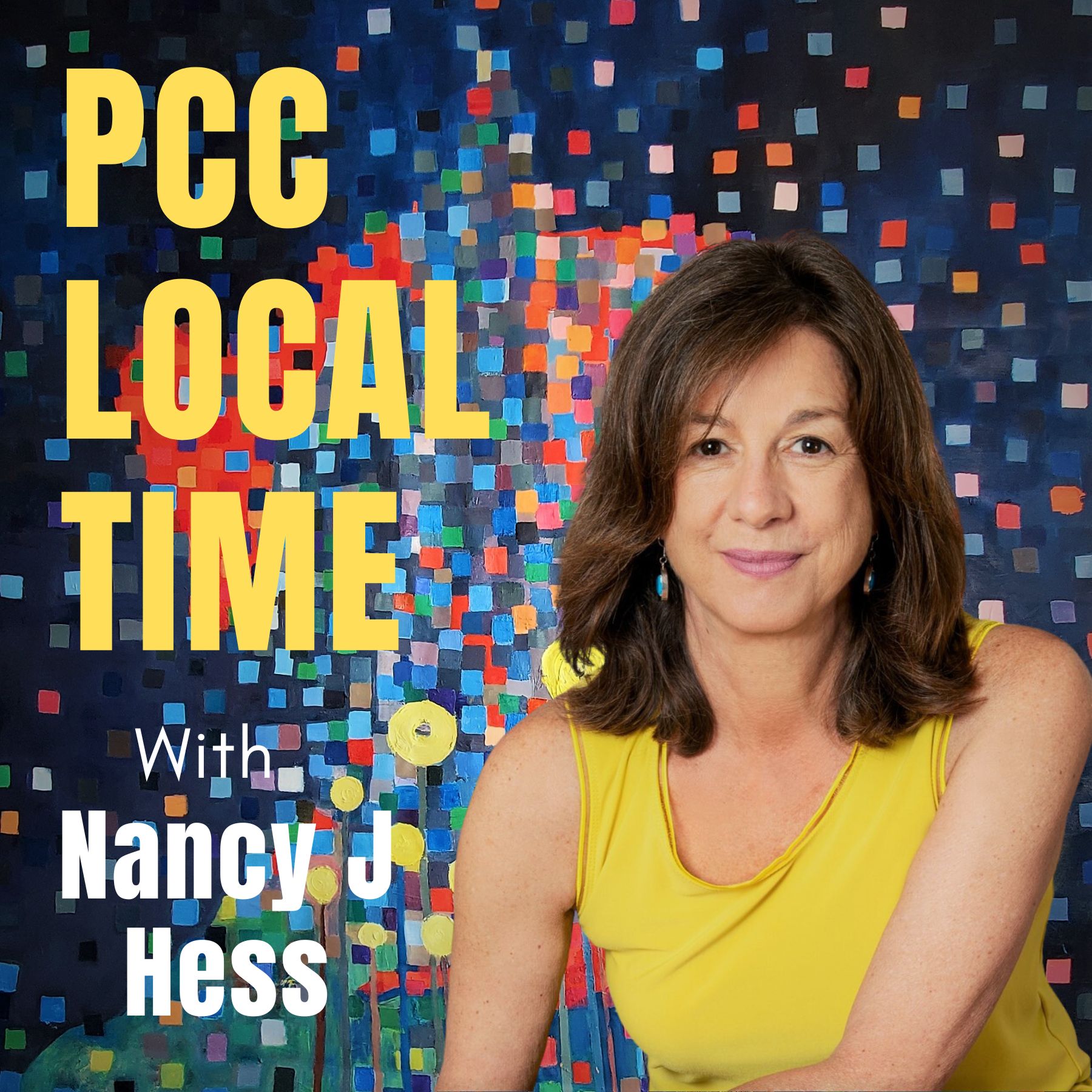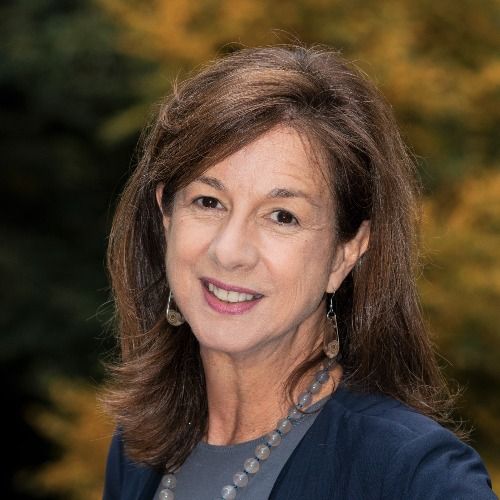Episode 82
APMM Series - City Managers as Deliberative Systems Leaders with Martín Carcasson
🎧 This episode of PCC Local Time is part of the APMM Series, featuring conversations with Pennsylvania’s municipal managers and leaders about the evolving practice of local government.
Follow APMM on LinkedIn and Read more at APMM.net
In this episode of the APMM Series, produced in partnership with PCC Local Time, Nancy J. Hess and Dr. Martin Carcasson explore how local government leaders can shift from problem-solvers to systems builders. Together, they trace how small shifts in process — better questions, framing, and facilitation — can profoundly affect trust and decision-making in communities.
Dr. Martin Carcasson is a professor of Communication Studies at Colorado State University and the founding director of the Center for Public Deliberation (CPD) — a university-community partnership that helps local governments, school districts, and civic organizations improve how they talk about complex public issues.
Martin’s work draws from communication theory, social psychology, and systems thinking to design better public conversations about “wicked problems” — the issues that have no simple or permanent solutions.
He has collaborated extensively with the Kettering Foundation, the National Civic League, and the International City/County Management Association (ICMA), where he’s trained city managers and superintendents to act as deliberative systems leaders.
In his words:
“If city managers see themselves as systems leaders — deliberative systems leaders — their job is to get a sense of how this system works, and then figure out how to intervene in this system to improve it.”
More resources from Dr. Martin Carcasson:
CPD resources page and my youtube channel
🧭 Timestamps
00:00 – 02:20 — Opening: Why talk about conversations at all?
Martin distinguishes debate, deliberation, and dialogue.
“Debate, deliberation, and dialogue… each has strengths and weaknesses.”
02:20 – 05:10 — The Charlie Kirk example and what it reveals about campus “deliberative systems”
A live example of tough conversations and what universities can learn.
05:10 – 07:30 — Nancy introduces Paul Bloom’s “Against Empathy” and the need for reflection
“Am I being manipulated or am I being educated?” — Nancy
07:30 – 10:00 — Why conversation matters in local government
Nancy frames the skepticism many leaders have: “Do we really need all these meetings?”
Martin connects it to wicked problems and shared goals
“We prefer the simple story… but these issues require complexity.” — Martin
10:00 – 13:00 — Brain science and the limits of human nature
Why we resist nuance — and how public processes often make this worse.
13:00 – 16:40 — Pre-work matters: why tough conversations shouldn’t start “on the fly”
“Confidence becomes very powerful… often when it shouldn’t be.” — Martin
“For most of our meetings, we do a lot of pre-work.” — Martin
16:40 – 20:30 — How to gather opinions before the meeting
Surveys, individual conversations, Google Forms, and anonymous responses.
“I wouldn’t gather them and say, ‘What do you think?’ I’d want their perspectives first.” — Martin
20:30 – 24:00 — Making the most of face-to-face engagement
Meetings aren’t for collecting opinions — they’re for engaging people.
“What I need is for them to engage each other… develop mutual understanding.” — Martin
Martin Gallery
24:00 – 27:00 — Wicked problems and the danger of simple stories
“Our brains are wired for all the reasons I’m right and they’re wrong.” — Martin
“There are very few magic bullets — and very few villains.” — Martin
27:00 – 30:00 — The placemat: a powerful tool for productive discussion
One-page documents designed to spark conversation, not persuade.
“A document purposely designed to spark good conversation… is very rare.” — Martin
30:00 – 34:00 — Why facilitative leadership matters
Nancy describes shifting from consultant to facilitative consultant.
Martin explains why leaders struggle to facilitate their own meetings
“Being both the leader and the facilitator can be really tough.” — Ma
34:00 – End — The superpower of 21st-century leadership
“The superpower of 21st century leaders is the ability to bring people together across perspectives to get things done.” — Martin


